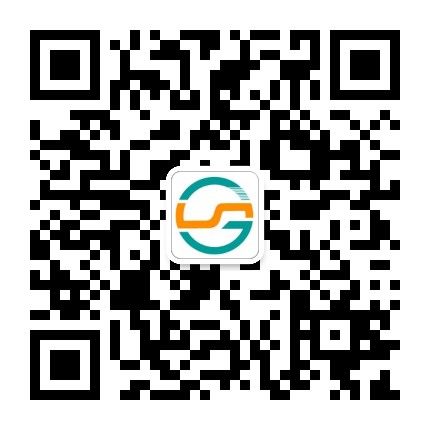①当陈述句的主语为anyone, everybody, every-one, somebody, no one, these, those时,反意疑问句的主语用they或he。如:
Everyone knows what he did, don’t they?
No one was hurt, were they?
②当陈述句的主语为this, that, anything, every-thing, nothing, something等时,反意疑问句的主语用it。如:
This is very important, isn’t it?
Everything is wrong, isn’t it?
2. 当陈述句的谓语部分含有have to, had to时,反意疑问句的谓语部分用do的适当形式。如:
They have to get there at 7 o’clock tomorrow, don’t they?
We had to take taxi to go there, didn’t we?
3. 当陈述句的谓语是wish时,反意疑问句的谓语部分用may,且前后两个部分都用肯定式。如:
I wish to leave the room now,may I?
4. 当陈述句的谓语部分含有had better,would rather, would like, ought to时,反意疑问句的谓语应用相应的助动词。如:
You’d better stand up, hadn’t you?
He’d rather come here early, wouldn’t he?
She ought to go there by air, shouldn’t /oughtn’t she?
5. 当陈述句的谓语部分含有used to 时,反意疑问句的谓语部分表达为didn’t / usedn’t。如:
They used to go there on foot, didn’t / usedn’t they?
6. 当陈述句部分是There used to be...结构时,反意疑问句用weren’t / wasn’t there。如:
There used to be a temple on the top of the hill, wasn’t there?
7. 当谓语动词是think, believe, suppose, fancy, imagine, expect等,后接宾语从句时。
①陈述句的主语是第一人称,反意疑问句应对宾语从句进行提问。如:
I don’t believe she can speak three languages, can she?
②陈述句的主语是第二、三人称时,反意疑问句应对主句进行提问。如:
Tom thinks they will attend the meeting, doesn’t he?
You believe what you did is right, don’t you?
8. 如果陈述句中的否定式仅仅是带有否定的词缀,反意疑问句仍用否定。如:
She is unfit for her office, isn’t she?
9. 当陈述句中出现了表示否定意义的词,如:few, little, never, hardly, seldom, nobody, scarcely, rarely时,反意疑问句的谓语用肯定式。如:
She is hardly 10 years old, is she?
10. 当陈述句是I’m...结构时,反意疑问句用aren’t I? 如:
I’m wrong, aren’t I?
11. 当主语由neither...nor..., either...or..., not only...but also...连接时,反意疑问句的主语为前文两个主语的合并。如:
Neither you nor I can do it, can we?
12. 当陈述句的主语是从句、不定式、动名词或词组时,疑问句部分的主语用it。如:
What he says is true, isn’t it?
13. 当陈述句的主语为such时,反意疑问句的主语单数用it,复数用they。如:
Such is all he has, isn’t it?
Such are your answers, aren’t they?
14. 当陈述句的主语为each时,反意疑问句的主语用he。如:
Each has a book, doesn’t he?
15. 当陈述句的主语为each of us, each of you, each of them时,反意疑问句的主语用we, you, they。如:
Each of them has been here, haven’t they?
Each of us has a separate room, don’t we?
16、含有情态动词must的反意疑问句。
①若must表“必须”、“有必要”时,疑问部分用mustn’t或needn’t。如:
You must be punctual next time, needn’t you?
②若mustn’t表示“禁止”时,疑问部分一般用must。如:
You mustn’t enter this room now, must you?
③若must表“一定”等推测之意时,疑问部分不用must,而要根据must后的动词结构及含义来用相应的时态。如:
You must be tired, aren’t you?
It must have rained last night, didn’t it?
You must have seen her, haven’t you?
17. 祈使句的各种反意疑问句。
①Let us..., will you?如:
Let us go out for a walk, will you?
②Let’s..., shall we?如:
Let’s go fishing, shall we?
③Let me..., may I/will you?如:
Let me know the result, may I?/will you?
④表示“请求”意思的祈使句,反意疑问句用will you? 如:
Pass me the book, will you?
⑤表示“邀请”、“劝诱”意思的祈使句,反意疑问句用won’t you? 如:
Join us in the dancing, won’t you?
⑥在否定的祈使句的后面只能用will you?如:
Don’t let me see you a second time, will you?

